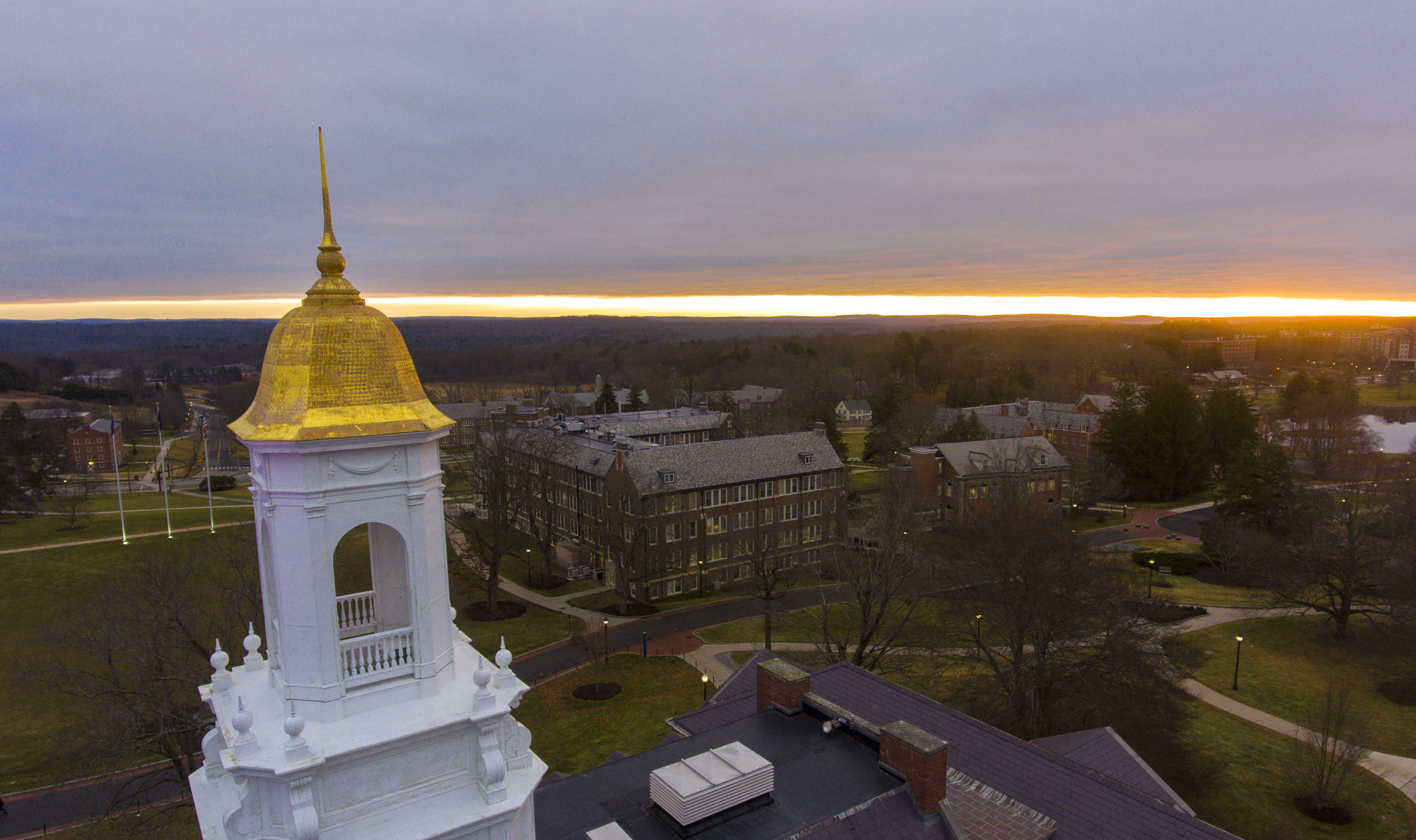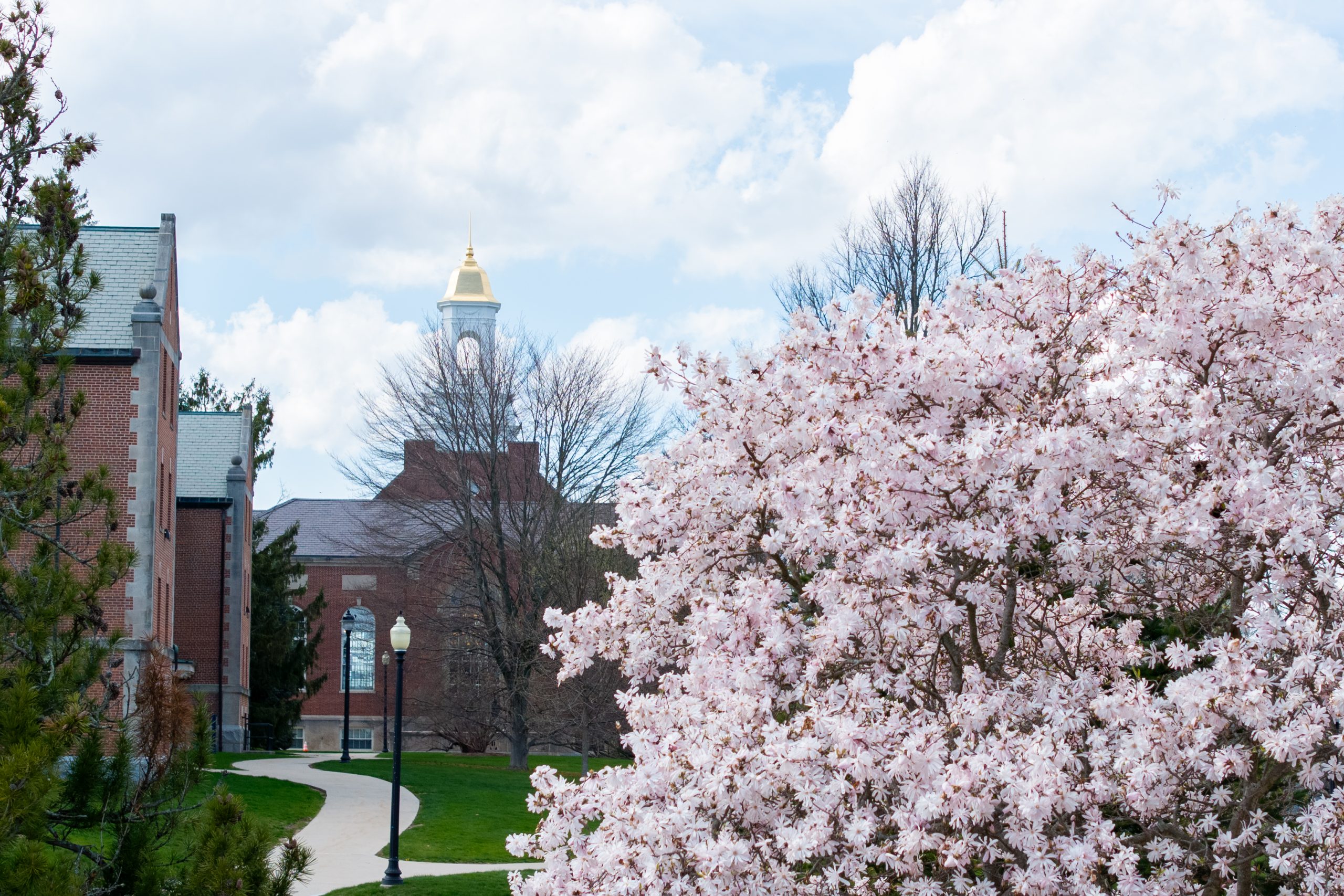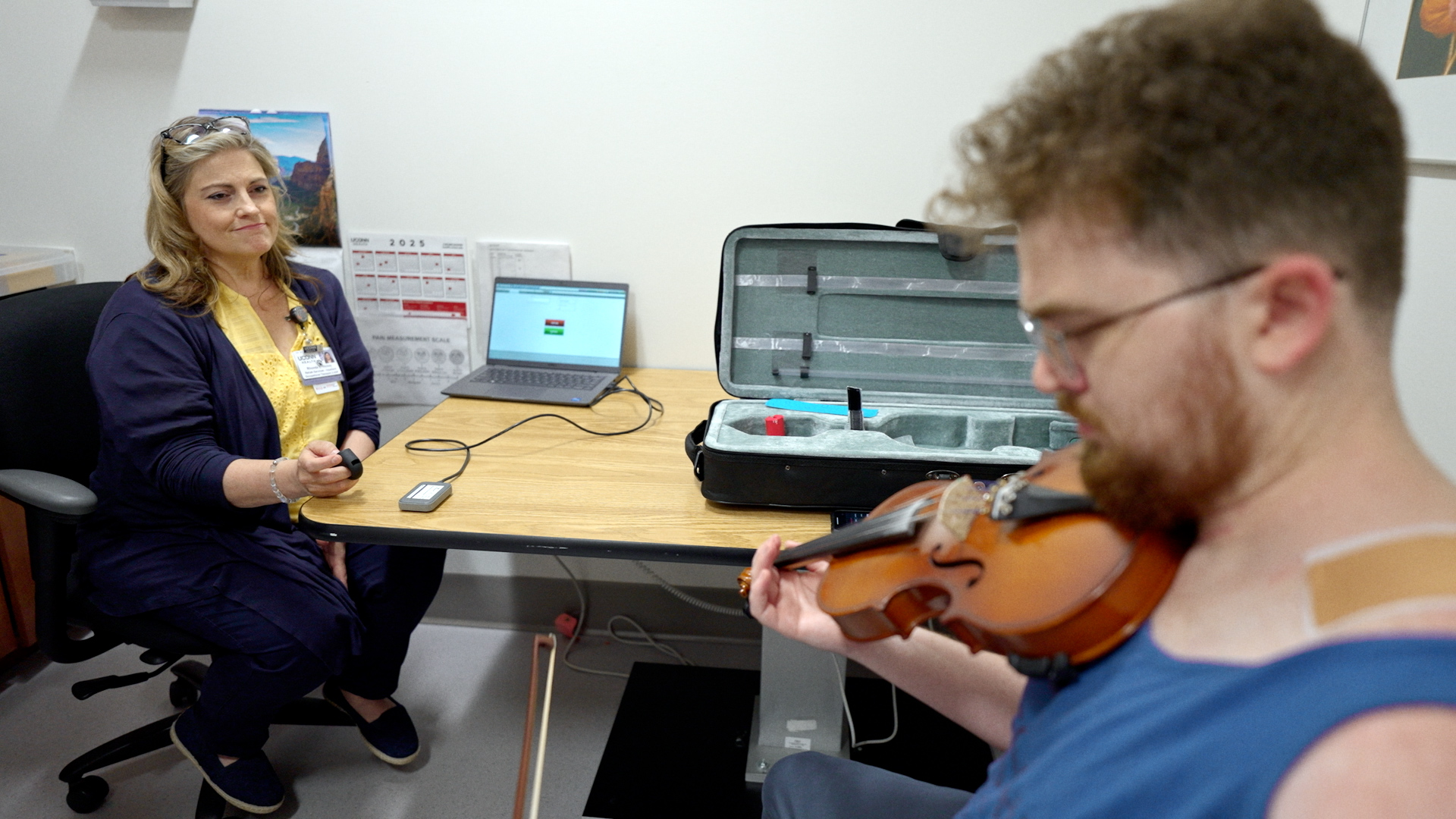In a time in American history marked by demands for racial justice and political division, a common refrain has emerged: Listen to each other.
A new interview series being produced by the Office of University Communications hopes to contribute to the broader dialogue surrounding diversity, equity, inclusion, and racism through frank conversations with members of the University community from various backgrounds and groups.
The series, called “Brave Space,” will air occasionally on the UConn 360 podcast and will be shared on UConn Today.
The project grew out of a task force that was assembled in University Communications in early 2020 in response to a call from University leaders to coordinate efforts around diversity, equity, and inclusion (DEI) throughout the University.
The task force explored actions that University Communications could take to better integrate DEI into its mission. Among the ideas that emerged was a series of communications to promote DEI issues and cultural awareness.
The subgroup that became the Brave Space team wasn’t sure whether it would host live Facebook or Instagram conversations or a standalone podcast, says Jesele Zurell, director of communications for the School of Fine Arts and a member of the team.
What they did know was that “it was important to give space to have these important conversations, these difficult conversations, and sometimes these awkward conversations that people are afraid to have because they think they’re going to say the wrong thing or use the wrong term, or get something wrong,” Zurell says.
“This is really a space to just be brave and say what you want to say, talk about your experience on campus, your experience as a student, as a member of the faculty, as a member of the staff, and just shed some light on these areas that we don’t otherwise talk about and see what we can do to really improve the culture on campus and the community as a whole,” Zurell says.
As the team was preparing to launch the series, one of the first interview subjects, James L. and Shirley A. Draper Chair in American History Manisha Sinha, had to postpone her interview due to the national Scholar Strike for racial justice.
Coincidentally, coverage of the strike in higher education news source Inside Higher Ed discusses Houston Community College Professor Carolyn Cross advocating for the use of “brave spaces” for discussion of sensitive issues in the classroom, as opposed to “safe spaces” where certain topics are off-limits.
The concept of “brave spaces” was introduced in 2013 by Brian Arao and Kristi Clemens in a chapter of their book “The Art of Effective Facilitation: Reflections From Social Justice Educators,” entitled “From Safe Spaces to Brave Spaces.”
Lisa Stiepock, editor of UConn Magazine and team member, said she’s excited for “so many things” as the series gets underway, especially the opportunity to amplify diverse stories.
“In my role with the magazine, I’ve been blown away by the voices that we have on campus and how there are too many stories and not enough ways to tell them,” she says. “The combination of another way to tell these stories, another venue for them, with the timing of something that needs to be done now — I’m just excited to have these conversations. I’m excited to learn more about what I don’t know and share that with everyone else.”
In addition to Sinha, the team has recorded interviews with Avinoam Patt, Director of the Center for Judaic Studies and Contemporary Jewish Life and Doris and Simon Konover Chair for Judaic Studies and with Kelly Ha, a student pursuing her master’s degree at the UConn School of Social Work. The first “Brave Space” segment is scheduled to appear on the Sept. 30 episode of the UConn 360 podcast.



